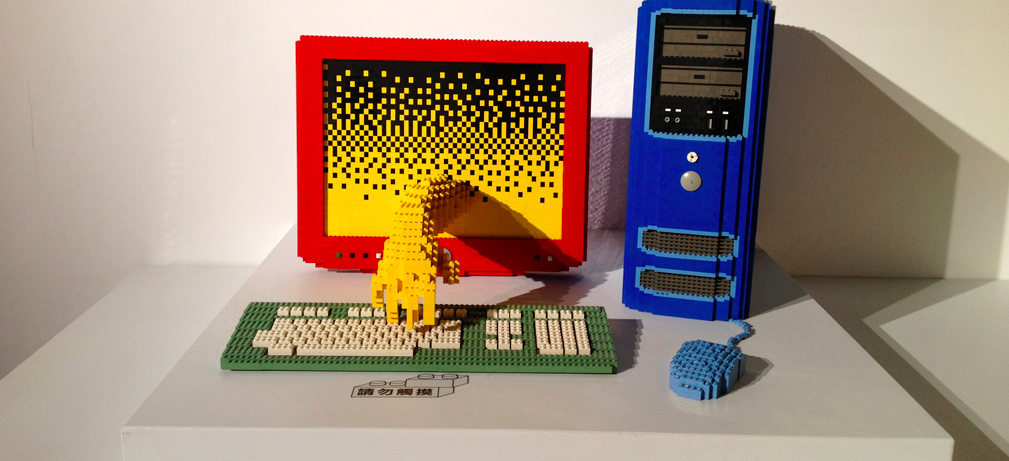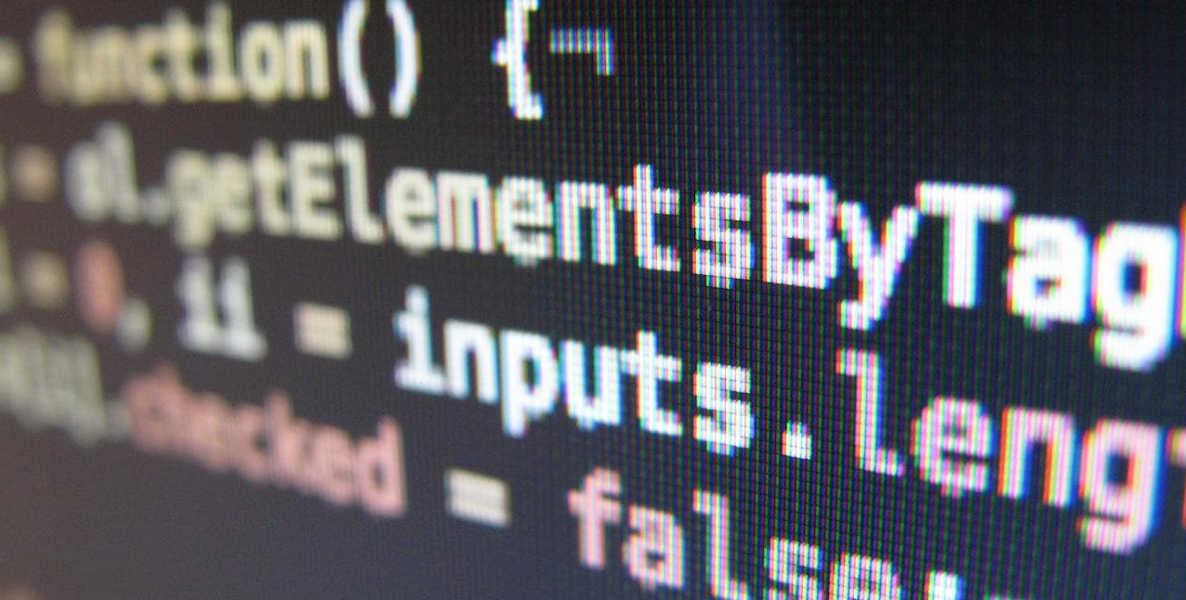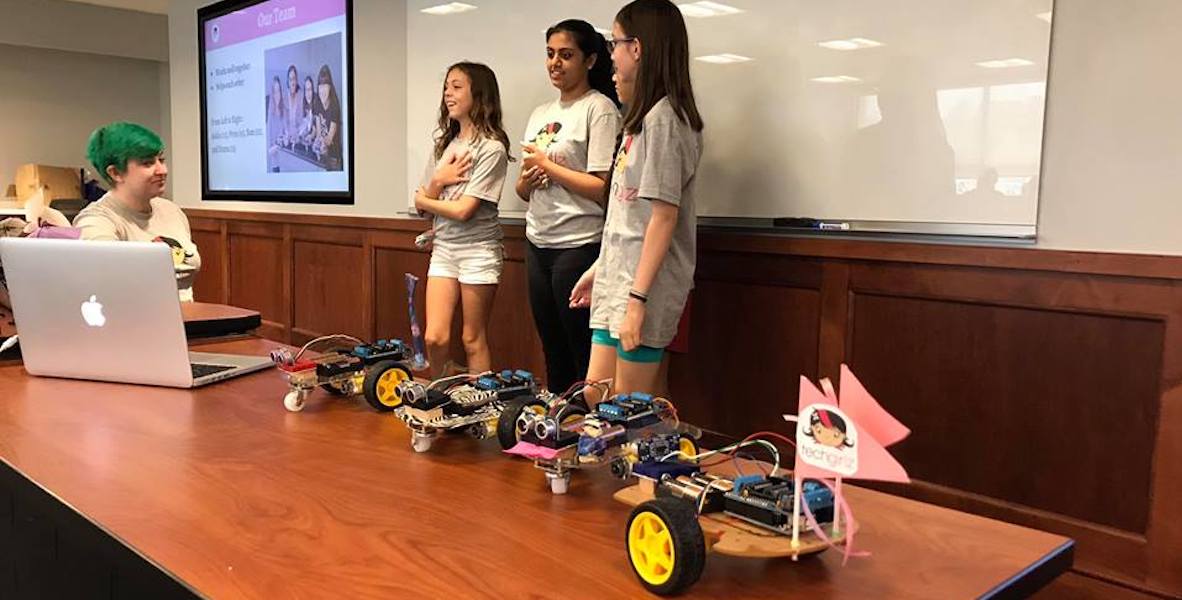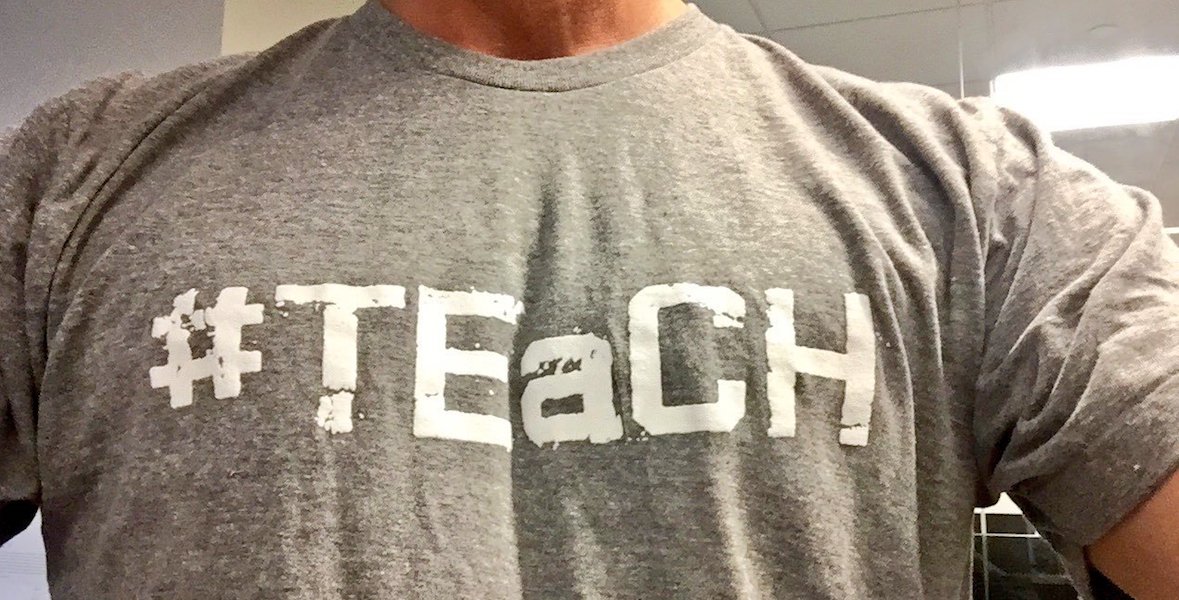Five years ago, when Bob Moul first stepped into a Philadelphia public high school, it was for a sort of reconnaissance mission. As a board member of Lisa Nutter’s Philadelphia Academies, Moul—a serial entrepreneur with a string of high-profile successes behind him—wanted to see a high school at “ground zero,” to understand what it looks like, and what its challenges are.
Be Part of the Solution
Become a Citizen member.In 2013, Moul became a volunteer consultant to the principal at Jules E. Mastbaum Area Vocational Technical School in Kensington, doing what he is known for in the business world—strategizing for growth and success. Much of what he saw impressed him—the school’s leadership, its teachers and students. But Moul was also dismayed by what he found missing at a school that is supposed to be training kids for real jobs.
Mastbaum has nine technical tracks, including welding, healthcare and carpentry. But besides a graphic arts program, the vocational school has no computer programming courses, leading Moul to wonder: “Why are we not teaching kids tech?”
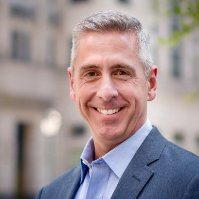
Moul has spent his nearly four decades-long career in technology, starting in the mailroom at Ross Perot’s EDS Corporation, where he worked for 20 years, eventually as a director in Europe, Asia and Australia. In Philly over the last 10 years he has run and sold local startups Artisan Mobile, Boomi and, most recently, Cloudamize. He has hired countless technologists, but also countless others who are not engineers, but fill other jobs in technology companies—well-paying, future-oriented jobs that can set them up for life. Jobs out of reach for kids—like most every Philadelphia public school student—with no training.
“Philly is the frog in the boiling water,” Moul says. “We got to wake the hell up.”
That’s why, in the last few months, Moul has started to do everything he can to be that wake-up call. He spends all his limited free time, has resigned from almost all of his copious board commitments, has corralled much of his social capital and is ready to upend his 36-year career for one thing: To ensure every Philly student gets computer science education in school. “I’ve made a mental shift,” says Moul. “This is what I want to do.”
As Moul noted in a philly.com column last June, there are more than 20,000 unfilled technology jobs in Pennsylvania; and the Economy League in the spring projected 26,000 to 44,000 IT job openings in the Philadelphia area over the next 10 years. Yet, nationally, the number of computer science courses have actually decreased, according to a division of the National Science Foundation.
“What passes for technology education here is buying the kids iPads,” Moul says. “We are systematically holding them back from a better future. It’s close to criminal that we’re not exposing these kids to the digital economy.”
In Philadelphia, as in most school districts, tech education is sporadic, often no more than giving students iPads or Chrome Books on which to learn—what Moul compares to giving someone a drivers license and expecting them to know how to fix their car.
“What passes for technology education here is buying the kids iPads,” Moul says. “In affluent society, kids are on the right track from the beginning. We’re doing the exact same thing in reverse for the inner city. We are systematically holding them back from a better future. It’s close to criminal that we’re not exposing these kids to the digital economy.”
After Moul publicly dipped his toe in the tech ed waters with the philly.com column, he was surprised by the feedback. “This is Philly,” he says, “so I was waiting for people to hand me my head.” Instead, he was flooded by support, from teachers, schools and other groups that reached out to ask his advice or to offer their help. In September, Moul went a step further in a tweet he has now pinned to the top of his feed: “have resigned from all my boards (but PIDC) to focus 100% of my volunteer efforts on getting tech ed into our Philly K-12 schools.” Again, his announcement was followed by a flurry of likes, retweets and calls of support. (He also, marketing pro that he is, has t-shirts.)
Moul is approaching his tech education push with the impatience of an entrepreneur. He expects things to move quickly; he comes from the startup world, where you make things happen by making them happen—not by waiting for others to do it for you.
Since the start of summer, Moul has spent most of his time “getting to know the landscape.” He has visited half a dozen schools that already have teacher-generated computer courses. He’s met with teachers and administrators to ask them if what he’s doing is helpful. (“Overwhelming thumbs-up,” he says.) He’s been to Harrisburg, to push for statewide legislation that would make computer science part of the Pennsylvania core curriculum. And he’s collaborated with various existing organizations, like Philadelphia STEM Lab, started this year by the educator/scientist team of Naomi Housman and Chad Womack to create equitable access to tech ed.
In December, Moul will join the STEM Lab to officially launch CS for Philly, an initiative that puts the city in the midst of a national conversation propelled by Pres. Obama, who made a call for computer science education to be part of core curriculum nationwide. Pres. Trump has said he wants to put $200 million a year into STEM education; and several tech firms, including Facebook, Google and Amazon, pledged to add another $300 million to that pot.
“I get that there’s lots of things to figure out. I get that it will take a lot of time,” Moul says. “But if we don’t do this now, we’ll be having the same conversation 10 years from now. We don’t want to be doing that.”
The December summit will mark the first time Philly has participated in National Computer Science Education Week, and it will be like dropping a marker: Moul and the STEM Lab and several others are doing what the School District has not—making computer science a priority. And they have invited the right people to make it actually happen: Gov. Tom Wolf (whose budget last year included funding for computer science education); Mayor Kenney; Superintendent Bill Hite.
Moul hopes at that time to also announce a pilot program with a few local high schools and middle schools to teach students a computer science curriculum with the intention that they will be able to find jobs, or pursue computer science in college, after graduation. That pilot will hopefully help to bolster the argument for a wholesale change to curriculum statewide.
It’s a long game, and Moul knows it will not be easy. “I get that there’s lots of things to figure out. I get that it will take a lot of time,” Moul says. “But if we don’t do this now, we’ll be having the same conversation 10 years from now. We don’t want to be doing that.”
That’s typical for Moul, who sees problems and solves them—often in the face of skepticism. Several years ago, business veterans in Philly tried to convince Moul that there could never be a flourishing startup community here. But Moul pushed back: He led the entrepreneur network Philly Startup Leaders as president and chairman for four years, helping to jump start what is now a vibrant startup industry. Around the same time, Mayor Nutter tapped him for advice, and Moul helped the city launch StartupPHL, a $6 million seed fund for new companies in town.
At Mastbaum, Moul has applied his entrepreneurial skills as a consultant to Principal Warren Bowman. First on Bowman’s agenda four years ago: Increasing attendance. With Moul’s help, the school now has 900 students, double what it was when he showed up. He has spent the last couple years trying to do on a small scale at Mastbaum what he’s now attempting citywide—getting computer science training into the Kensington high school. Last year, he almost had it, when Coded By Kids agreed to run a program there if Bowman could find the funds; but they fell short. (“Could I have funded it for a year?” Moul asks. “Sure. But that’s not sustainable.”)
So, Moul kept looking. Last week, he introduced Bowman to BSD, a Radnor-based company that offers software and curriculum in computational thinking and programming to urban schools free of charge. This week, BSD and Mastbaum are starting to work together—“making history,” as Moul puts it.
Moul spends all his limited free time, has resigned from almost all of his copious board commitments, has corralled much of his social capital and is ready to upend his 36-year career for one thing: To ensure every Philly student gets computer science education in school.
This is the same approach Moul is now applying to computer education District-wide. Where will we get all the teachers? Moul is talking to Teach for America about starting what he calls “Tech” for America, recruiting retired technologists for two-year teaching stints; he hopes to launch a pilot in Philly in the next year. What will they teach? Moul talked to code.org, and to Computer Science Teachers Association, which already have curricula that can be adapted for K-12 schools.
Who will fund all this new learning? Moul plans to engage the local startup community and corporations, for help identifying what the program should teach, and to provide resources. Because it’s Moul doing the asking, people are likely to answer.
Moul says that he always hated school growing up outside Harrisburg. “Those were the most miserable years of my life,” he says. But he also recalls learning BASIC in high school 40 years ago, the start to what has been a spectacular career in tech. All he wants is for students today to have the 21st Century equivalent of that same programming class a young Bob Moul took.
And with Moul helping to lead the charge, it somehow seems totally doable—because why shouldn’t it be?



